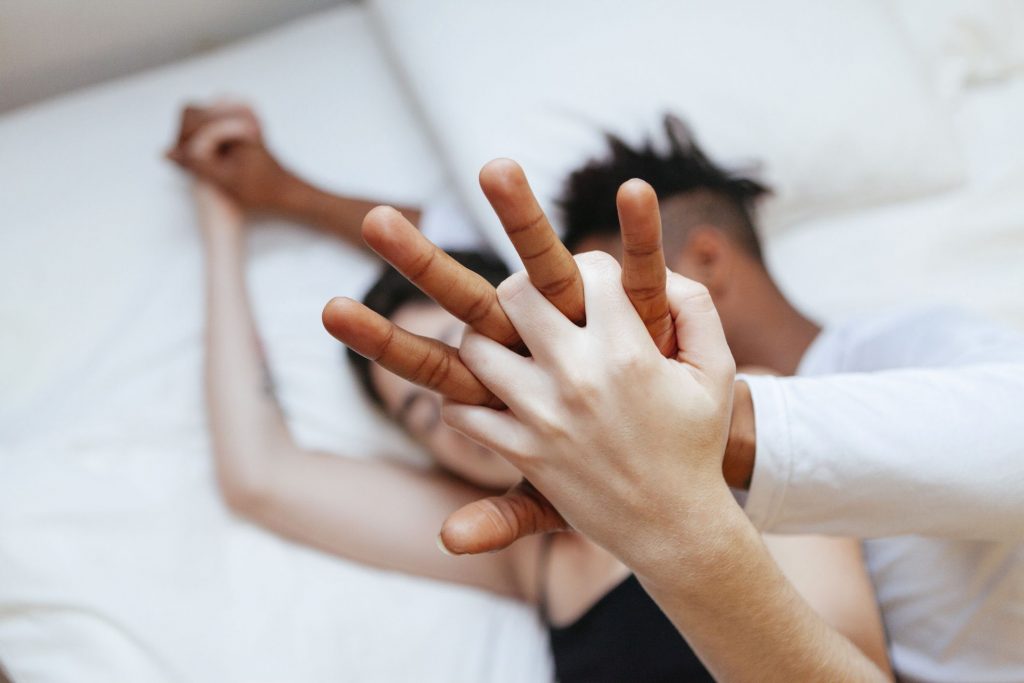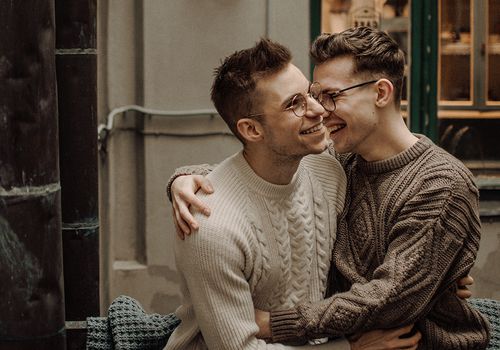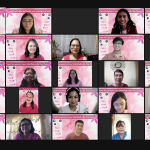“Eh ano nga ba ang love? Love is nothing but a series of chemical chain reactions inside the brain.” Zoe Tuazon (played by Anne Curtis), The Gifted, 2014.
We all think of love as a magical feeling. Some people even consider it as the most powerful feeling in the world. We came up with A LOT of definitions for love—from being the likeness of a river’s flow to being as unsure as a gambling game—the concept of love has come a long way into becoming our life’s primary goal.
However, as much as we think that love is a magical experience, it also has a scientific explanation. Just like Psychology, what we think and feel happens inside our brain. So, what makes love special, but at the same time, not so special?
According to a team of scientists from Rutgers University led by Dr. Helen Fisher, romantic love has three (3) categories, namely Lust, Attraction and Commitment. Each category has its own set of hormones in which, when produced, can determine what category you are currently in.
Let us define the set of hormones for each category, and how the chemical reaction happens.
—
LUST (The Desire)
In the lust stage, the sex hormones testosterone and estrogen are released. It is produced by our brain’s hypothalamus, which stimulates its release. We all know that these hormones have a very strong gender sex connotation (testosterone for males and estrogen for females), both are actually present in all of us, with testosterone the primary culprit of our heightened libido during lust. However, some reports showed that women displayed lust with a rise of estrogen production.

Photo credit: womenshealthmag.com/sex-and-love/a34644929/love-vs-lust-differences/
ATTRACTION (The Euphoria)
During attraction or the “honeymoon period”, high levels of the hormone/neurotransmitter dopamine is released. This hormone is released every time that we are in a situation that feels good to us. This is the primary cause of the “butterflies in the stomach” feeling. Alongside this “happy hormone”, the hormone/neurotransmitter norepinephrine or noradrenaline is also released which is heavily associated with our fight or flight response, which makes us feel alert especially during emergencies and crises. However, the elements of stress and anxiety when falling in love is linked to the mentioned response. This results to the rise of cortisol, also known as the stress hormone, and the decline of serotonin or the mood stabilizing hormone, which regulates our appetite and mood. This is why we are having difficulty in sleeping and eating during this stage.

Photo credit: brides.com/psychology-of-attraction-5105329
COMMITMENT (The ‘Forever’)
Finally, the commitment or attachment stage, which is a predominant factor in long-term relationships, takes place. During this part, there is already a meaningful bond developing between two people. This stage produces the love hormone known as oxytocin, which is released in skin-to-skin contact especially with cuddling. This hormone plays an important role in heightening the feeling of calmness, security, and contentment. Another hormone released by our body is called vasopressin, which is released in large amounts directly after sexual intercourse. This hormone makes us feel less promiscuous and stimulates the feeling of happiness which encourages you to stay with the person. These two hormones together result in the growth of long-term love.
[insert photo 3 here]

Photo credit: goodmenproject.com/featured-content/8-ways-to-maintain-a-long-term-relationship-kpkn/
Love might not be as ‘magical’ as we all thought it should be, but it is also something that we should not just play along. The magic of love comes from us, how we do it and how we make sure that the other person is feeling what we intended them to feel. Love might be just a series of chemical chain reactions inside of us, but what matters is staying in that feeling—and no one can take that joy in your heart (or brain) when you’re in love.
For a more in-depth take on this article, check out these articles right here and here.




